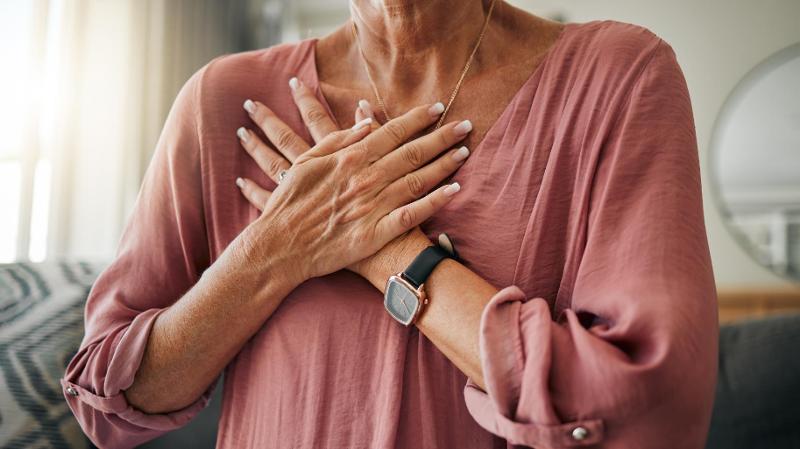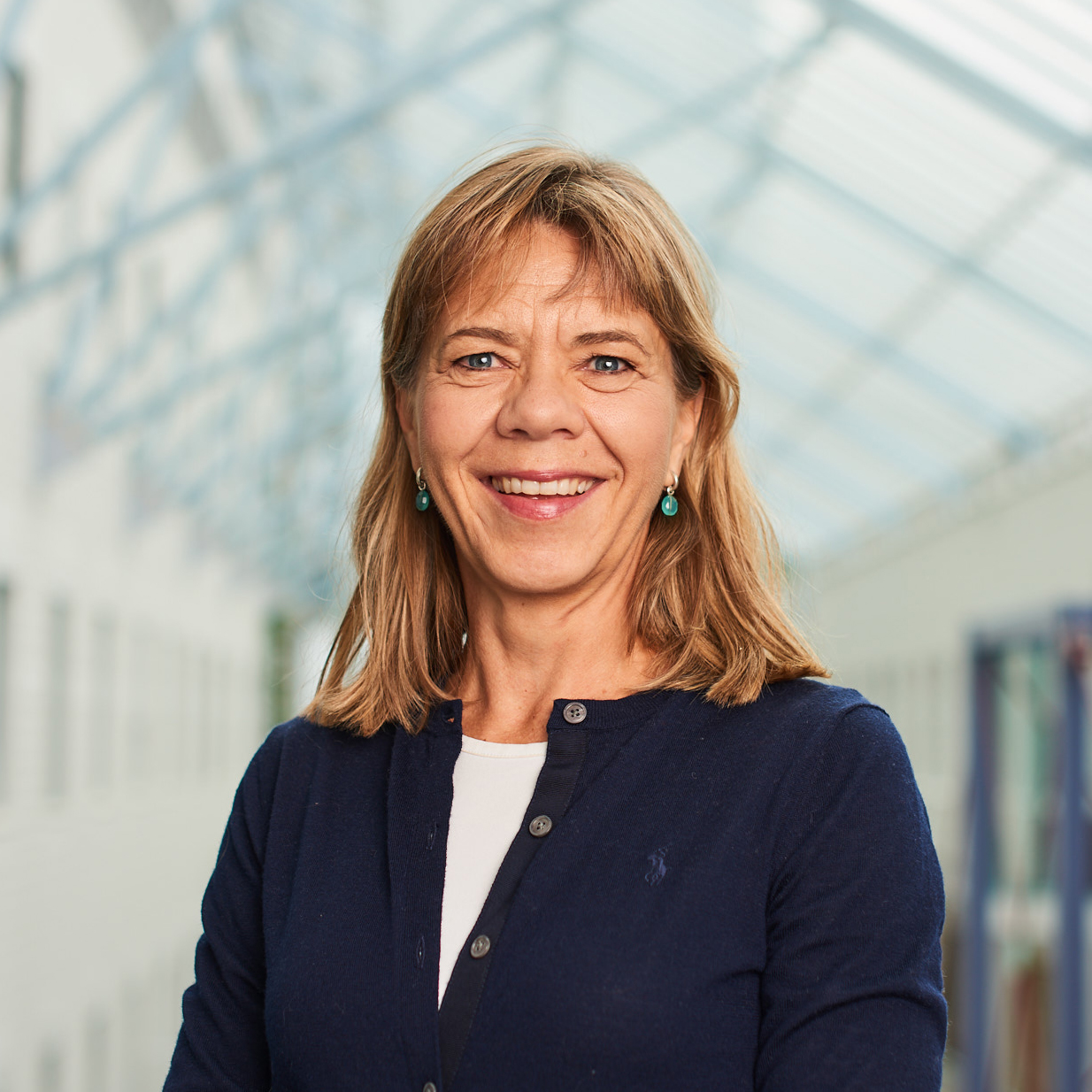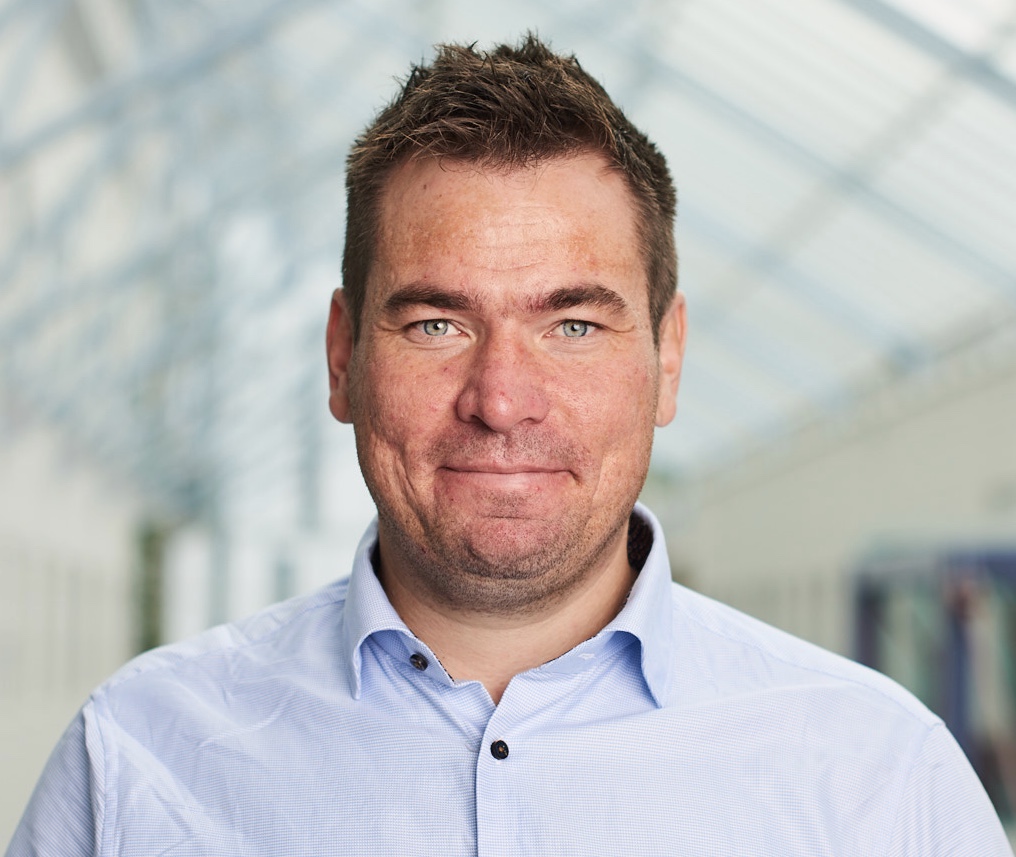The Tromsø Study | UiT (original) (raw)
Photo: Yngve Olsen Sæbbe / www.nordnorge.com /
The Tromsø Study is Norway's most comprehensive and most participated population study. More than 45 000 persons have participated in one or more of the seven surveys conducted since 1974. The research has provided important knowledge about health and disease and contributes to better patient care, nationally and internationally.
Participant in the Tromsø Study

The Tromsø Study. Photo: Edvard Kristiansen
As a participant, you can be confident that all the information you have provided to the Tromsø Study by participating is treated with respect for privacy, and in accordance with laws and regulations. The Tromsø Study processes personal data, i.e. information that can be linked to you as a person. It is important that you are familiar with what personal data we process so that you can safeguard your rights under the Health Research Act (Helseforskningsloven), the Regulations on population-based health research (Forskrift om befolkningsbaserte helseundersøkelser) and the Data Protection Legislation (Personvernlovgivningen).
All employees working on the Tromsø Study have a duty of confidentiality (taushetsplikt). The data collected may only be used for approved research purposes. It will not be possible to identify you when the results of the research are published. The Tromsø Study is affiliated with the Faculty of Health Sciences at UiT, The Arctic University of Norway.
For researchers

Only researchers affiliated with approved research institutions can apply for access to research of the Tromsø Study's material. Photo: Marius Fiskum. Biobank-Helsefak
Project managers linked to institutions with research expertise can apply for access to research data from the Tromsø Study. The project manager must have research expertise (Ph.D) and be affiliated with a research institution. The main supervisor must register as project leaders for Ph.D. and masters students. Researcher study samples in the Bank for biological material (Biobanken).
To search for access to:
- Data for statistical analyses
- Genetic data in The Tromsø Study
- Biological material
- Contact participants for new data collection
All projects applying for data, biological material and new contact with previous participants in the Tromsø study must have their own approval from the Regional ethics committee (REK). For projects where an anonymized file will be used, such as some master's degree projects, a separate REK approval is not required. Projects applying to the Tromsø study must provide a basis for processing under the General Data Protection Regulation (GDPR) and the Personal Data Act (Personopplysningsloven). Furthermore, the responsible research institution must assess the need to implement the Data Protection Impact Assessment (Personvernkonsekvensvurdering - DPIA). All projects affiliated with UiT, The Arctic University of Norway, and processing personal data shall be reported to the Norwegian Agency for Shared Services in Education and Research (Sikt) in accordance with UiT's guidelines.
Variables available in the Tromsø Study
Naming guidelines: How to refer to the Tromsø Study in articles
About

Photo: Marius Fiskum
The Tromsø Study began in 1974 due to the high mortality rate of cardiovascular disease in Northern Norway. Since then, seven surveys have been conducted with 7-8 years apart. The Tromsø Study is Norway's longest-lasting, most participated study, and has the most comprehensive collection of health data from questionnaires and measurements, biological samples and clinical surveys. The results of the study have contributed to preventive health care, and in 2012 the mortality rate of cardiovascular disease in the north was at the same level as the country at large.
The research ranges from the main research area of cardiovascular disease to other major public health challenges such as cancer, diabetes, physical activity and diet, adolescent health, aging and dementia, lung disease, mental health, intoxication, chronic pain, musculoskeletal disorders, oral and dental health, antibiotic resistance to name a few. To date, about 170 doctoral theses have been submitted, 60 master's theses and over 1,000 articles based on data from the Tromsø Study. Publications in leading journals such as the New England Journal of Medicine, Nature Genetics, Circulation, The Lancet, among others, reflect the high quality in data base and research.
Publications and doctoral theses
The Tromsø Study is a health register with annual links to national (Cause of Death and Cancer) and local (infarction, atrial fibrillation, stroke, blood clots, bone fractures and diabetes) disease registries that add to an even greater research value.
| Study year | Study's name | Number of participants |
|---|---|---|
| 1974 | Tromsø1 | 6595 men |
| 1979–80 | Tromsø2 | 16621 men and women |
| 1986–87 | Tromsø3 | 21826 men and women |
| 1994–95 | Tromsø4 | 27158 men and women |
| 2001 | Tromsø5 | 8130 men and women |
| 2007–08 | Tromsø6 | 12984 men and women |
| 2015–16 | Tromsø7 | 21083 men and women |
| 2025-26 | Tromsø8 | ? |
The eighth survey of the Tromsø Study is planned to be completed in 2025-2026.
Ongoing projects
Publications
Major Collaborative Project
A selection of news articles
20.09.2023

70-year-olds are as mentally sharp as 60-year-olds were before
11.09.2023

To be physically active gives higher pain tolerance
17.04.2023

Fewer women in Tromsø are experiencing atrial fibrillation
70-year-olds are as mentally sharp as 60-year-olds were before
Older adults perform better on tests related to memory and cognition than before, according to a study from Tromsø, in Norwegian
Published: 20.09.2023
To be physically active gives higher pain tolerance
Increased physical activity may therefore have potential in the treatment of chronic pain, according to new research from UiT, in Norwegian
Published: 11.09.2023
Fewer women in Tromsø are experiencing atrial fibrillation
Women with high blood pressure have three times higher risk than those with normal blood pressure to develop atrial fibrillation. Fortunately, women in Tromsø have gained much better control of their blood pressure.
Published: 17.04.2023
Contact
Elin SkogProject Manager
Elin Skog – Project Manager
Contact:
Position: Project Manager
Jonas JohanssonResearcher
Jonas Johansson – Researcher
Contact:
Position: Researcher
Kristin Maren KanstadAdviser
Kristin Maren Kanstad – Adviser
Contact:
Position: Adviser
Siv Eli VuolabSenior Adviser
Siv Eli Vuolab – Senior Adviser
Contact:
Position: Senior Adviser

Sameline GrimsgaardProfessor

Sameline Grimsgaard – Professor
Contact:
Position: Professor

Margrete KnustadAdviser
Margrete Knustad – Adviser
Contact:
Position: Adviser

Ola LøvslettenResearcher

Ola Løvsletten – Researcher
Contact:
Position: Researcher